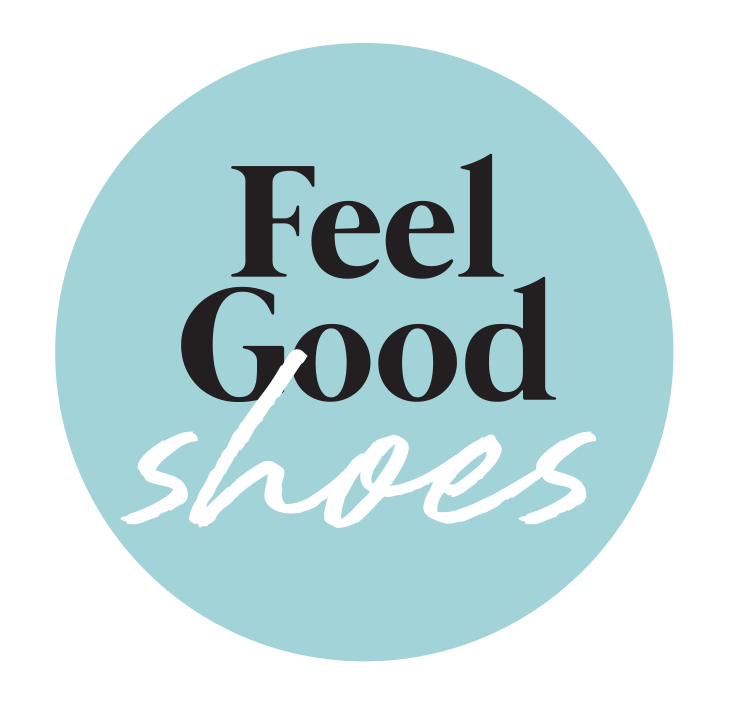Orthopedic high arch support shoes can be beneficial for some toddlers. Especially if they have high arches or are at risk of developing flat feet. However, it's important to approach the use of such shoes with caution. Consult with a pediatrician or a pediatric podiatrist before making a decision.
What to consider before buying orthopedic shoes:
Individual Assessment: Each child's feet are unique, and what works for one may not be suitable for another. A professional assessment is crucial to determine if orthopedic high arch support shoes are necessary.
Natural Development: Toddlers' feet are still developing. It is normal for them to have a certain degree of flexibility in their arches. For some children, high arches may resolve naturally as they grow.
Supportive, Not Restrictive: If recommended by a healthcare professional, orthopedic shoes for toddlers should provide appropriate support without being overly restrictive. The goal is to encourage healthy foot development.
Proper Fit: Properly fitted shoes are essential. The shoes should allow room for natural growth and not squeeze the feet. Shoes that are too tight can cause problems.
Limitation on Usage: Orthopedic shoes may be recommended for specific situations, such as when a child has certain foot conditions or gait abnormalities. They do not need to wear them all the time.
Foot Exercises: In addition to footwear, podiatrists may suggest foot exercises or stretches to help with arch development and overall foot strength.
Monitoring: If orthopedic shoes are prescribed, it's essential to monitor the child's progress and follow up with the healthcare provider regularly to ensure the shoes remain appropriate. Remember that not all toddlers need orthopedic shoes, and many children naturally outgrow certain foot issues. Only a qualified healthcare professional can assess your child's specific needs and recommend the most appropriate footwear or interventions. The goal should always be to support healthy foot development and address any concerns in the most suitable manner for your child.

